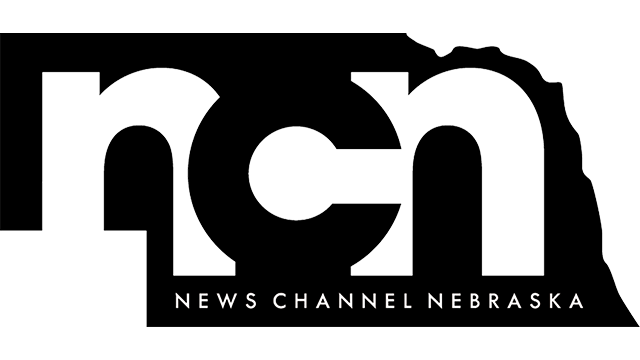Rising Demand for Hydrogen Automotive Testing and Certification Services
Key Ideas
- The hydrogen automotive testing, inspection, and certification (TIC) market is projected to reach USD 35.8 million by 2030, showing a CAGR of 11.8% from 2024.
- Increasing adoption of hydrogen fuel cell vehicles, stringent safety regulations, and investments in hydrogen infrastructure are major drivers for the market growth.
- Asia Pacific is expected to be a key region for market expansion due to strong government initiatives, growing hydrogen infrastructure, and a rise in hydrogen-powered vehicle deployment.
- The inspection segment, driven by the need for safety and performance assurance of hydrogen systems, is anticipated to be the second-largest in the hydrogen automotive TIC market.
The hydrogen automotive testing, inspection, and certification (TIC) market is experiencing significant growth, with an estimated value of USD 18.3 million in 2024 projected to reach USD 35.8 million by 2030, at a CAGR of 11.8%. This growth is attributed to factors such as the increasing adoption of hydrogen fuel cell vehicles, stringent safety and emission regulations, and rising investments in hydrogen infrastructure.
The market is also influenced by government incentives, growing environmental concerns, and advancements in hydrogen technology, which are boosting the demand for quality assurance services. The need for testing, inspection, and certification services is further accelerated by global standardization efforts and the expansion of hydrogen refueling networks.
The key players dominating the hydrogen automotive TIC market include TUV SUD, UL LLC, Applus+, TUV Rheinland, Kiwa, Intertek Group plc, DEKRA IN, SGS SA, Southwest Research Institute, and Apave. These companies offer a wide range of services across different regions.
The inspection segment is expected to be the second-largest in the market, driven by the necessity to ensure the integrity, safety, and performance of hydrogen-powered vehicles and infrastructure. With hydrogen vehicles operating under high-pressure systems and involving complex components, regular inspections are crucial to detect potential failures and ensure regulatory compliance.
The market segmentation by vehicle type includes passenger cars, buses, light commercial vehicles, medium duty vehicles, heavy duty vehicles, and ICE hydrogen vehicles. Among these, buses are projected to capture the second-largest market share due to increasing government support for zero-emission public transportation and investments in sustainable urban mobility.
The Asia Pacific region is anticipated to be the second-fastest-growing in the hydrogen automotive TIC market, supported by government initiatives, expanding hydrogen infrastructure, and the rising deployment of hydrogen-powered vehicles. Countries like Japan, South Korea, and China are at the forefront of hydrogen mobility, with significant investments in hydrogen fuel cell technologies and vehicle fleets.
In conclusion, the increasing demand for hydrogen automotive testing, inspection, and certification services is driven by the global shift towards clean mobility, stringent regulations, and the rapid growth of hydrogen fuel cell vehicles in various transportation sectors.
Topics
Green Hydrogen
Infrastructure
Technology
Regulations
Automotive
Environmental Concerns
Market Analysis
Government Incentives
Globalization
Latest News
